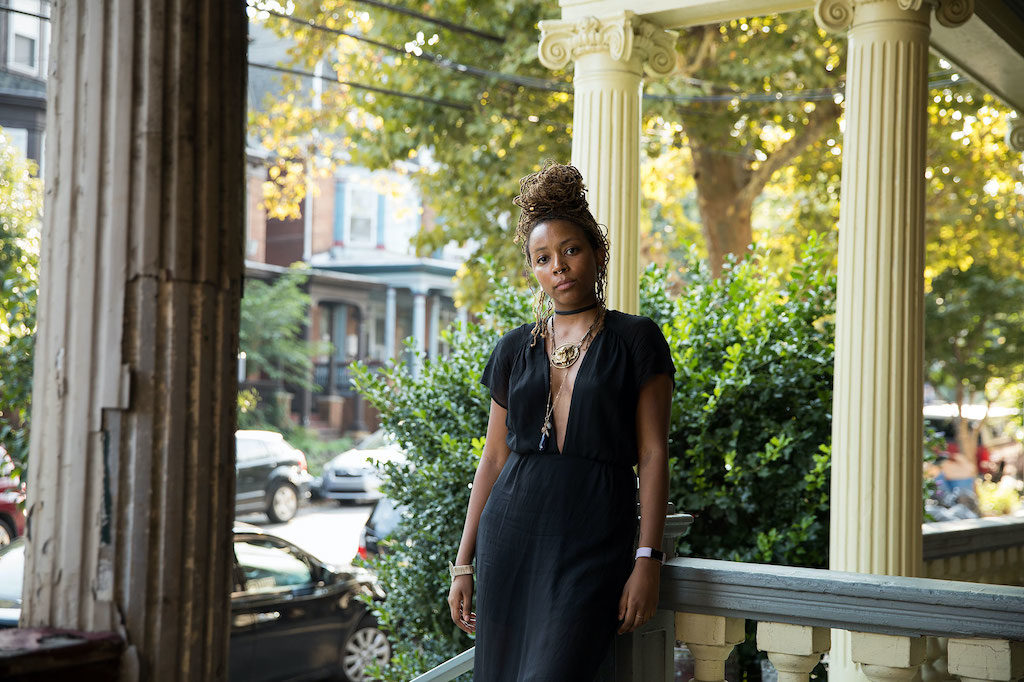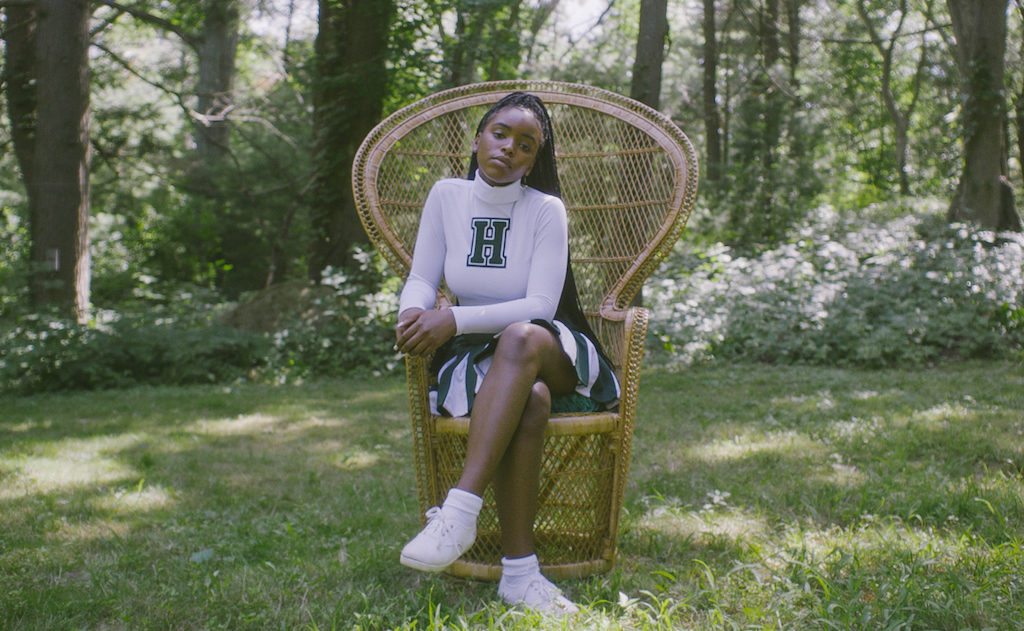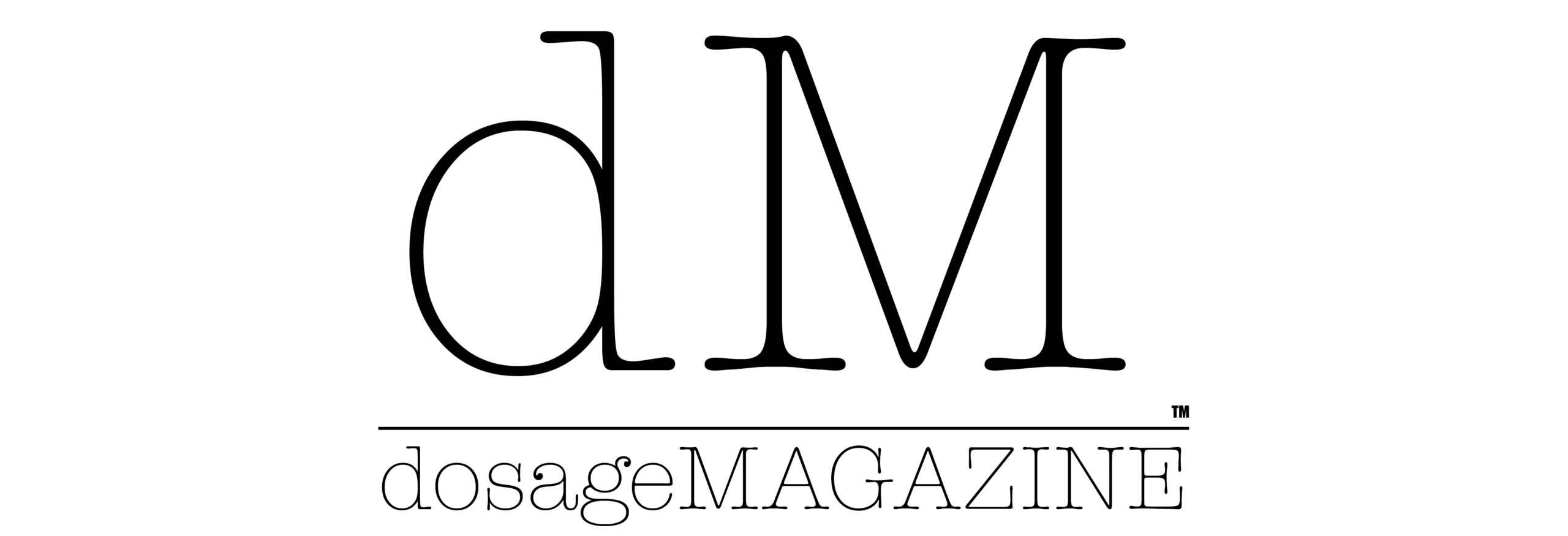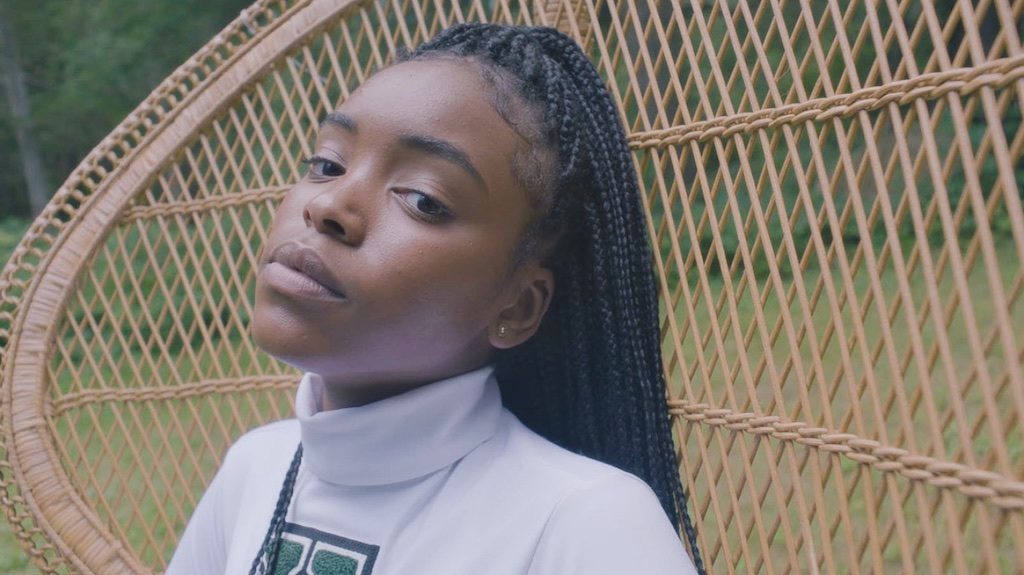
West Philly-born writer and director, Tayarisha Poe discusses her motive and approach to her debut full-length feature film, “Selah and the Spades.”
Tayarisha Poe may currently live in Brooklyn and her debut, full-length film “Selah and the Spades,” may have been lensed throughout Massachusetts. But director-writer Poe is pure Philadelphia with an abiding love for her West Philly birthplace (“I love it. I miss it”), the city’s movie houses (PFS at The Roxy in particular) and the spiritual, social and artistic awareness that makes her make movies. “I can’t tell you exactly what my next film will be, but, I can say that it will be about women, and with a story based in Philadelphia,” she said. “They will all have that.”

I caught up with Poe on the promotional pathway for “Selah and the Spades,” and it’s decidedly morally lapsed, twisting take on high school life in anticipation of its April 17’s release on Amazon Prime.
A.D. Amorosi: You write. You direct. What comes first for you as a creator – word or images? And why? When does the film become itself, cinematographically and literarily?
Tayarisha Poe: That’s a great question. The way that I write is that I start out with a playlist and a folder of images. I’ll go on Instagram, Facebook, grab images, start listening to music for the world of a story and its characters. I’ll start writing after that – I do write visually. Images help center my brain around a look, a style, or a feeling. The music grounds me for there.
A.D. Amorosi: So what were you listening to that brought you to Selah?
Tayarisha Poe: A lot of Rhianna. A lot of Rihanna. Mark Mothersbaugh and his stuff for Wes Anderson. Also a lot of Frank Ocean, particularly that track “Super Rich Kids” from Channel Orange. The Fugees too.
A.D. Amorosi: I’m familiar with your work from horror shorts such as “Little Monster” from “Two Sentence Horror Story.” Certainly, you don’t want to be pigeonholed, but what did you bring from that genre, that world, and into a darkly comic high school-based film?
Tayarisha Poe: Surprise. The thing that I love about horror is that you are constantly surprised. That’s what I love about all stories, and horror usually has the most of it. Emotional surprise. Surprise as to who or what is the monster. Most films, you have a sense of what will unfold throughout an entire film’s next two hours in the first 10 minutes When you watch something genre-based such as horror, you have no clue as to what is coming next – and I love that feeling.
A.D. Amorosi: What is the surprise, then, in a film such as “Selah” where it is power dynamics and moral failings in a high school setting?
Tayarisha Poe: In this story, I wrote it so that you never quite knew who was going to come out on top. That was important to me as I didn’t want it to be about a clear victor or coming out on top. I wanted it to feel like a classic story – ah, the student is going to beat the teacher – but not go the way you think it will go.
A.D. Amorosi: You wanted to subvert the audience’s attention, lull them into a place of tradition, then pow.
Tayarisha Poe: Right. End it in a place where we’re all still yearning, still trying to figure things out. Working it out together. So yes, I did want to subvert expectations.
A.D. Amorosi: How much was subverting the typical high school dramedy a part of your mindset?
Tayarisha Poe: Totally. From the very beginning, I wanted to make a story about high school where you took the teenagers seriously. Not make them into mini-adults, but capture their thoughts about being mini-adults while still letting them be kids. I wanted to take the things that they took seriously, seriously.
A.D. Amorosi: What journeys did you want Selah to go through? Did her path change from its writing stages to its production changes?
Tayarisha Poe: Casting Lovie Simone – she brought so much charisma to the script. You can’t buy that charisma, portray that unless you have that charisma.

A.D. Amorosi: Selah is such a likable character – until she isn’t. Tell me about writing the dark and the light of the character – we don’t often get 360 degree characterizations of high schoolers.
Tayarisha Poe: You’re right. Too often they’re written like caricatures or PSAs. I felt that was so dishonest It was important for me to write someone who wasn’t necessarily good or bad but rather someone who made good and bad choices. Balancing that line is hard – people tend to bring too much baggage from their own lives into the story. The villains of their film tend to become the high school bullies of their past. You have to separate that.
A.D. Amorosi: How do old school crime epics influence Selah? There is a real operatic crime film feel to the heart of this movie.
Tayarisha Poe: Totally. Yes. I grew up watching The Godfather. Love that. Training Day. Love that. Shows like The Sopranos and Breaking Bad. They just happen to deal, exclusively, in men behaving badly. I wanted to see somebody who looked like me afforded the same leeway to be allowed to mess up, to do morally dubious things and to reckon with that – because I think that it is a human thing to do. Mess up. I wanted to represent messing up in a way that felt familiar to me.


About Post Author
Discover more from dosage MAGAZINE
Subscribe to get the latest posts sent to your email.

